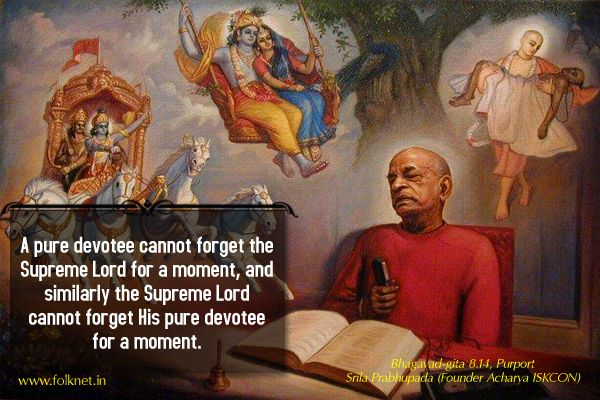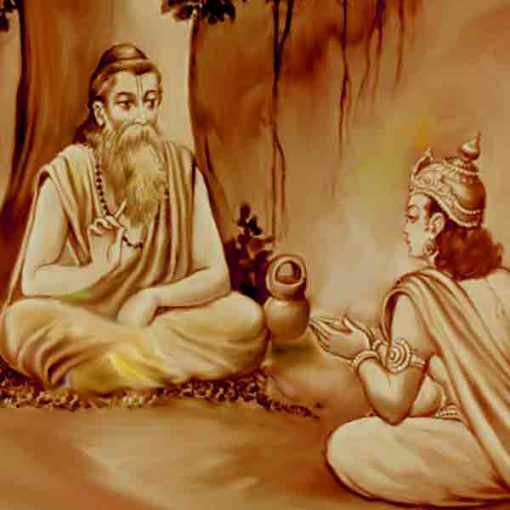The demigods are called sakāma devotees, or devotees with material desires in mind, while the pure devotees are called niṣkāma devotees because they have no desires for their personal interests. The sakāma devotees are self-interested because they do not think of others, and therefore they are not able to satisfy the Lord perfectly, whereas the pure devotees take the missionary responsibility of turning nondevotees into devotees, and they are therefore able to satisfy the Lord more than the demigods. The Lord is unmindful of the nondevotees, although He is sitting within everyone’s heart as well-wisher and Supersoul. However, He also gives them the chance to receive His mercy through His pure devotees who are engaged in missionary activities. Sometimes the Lord Himself descends for missionary activities, as He did in the form of Lord Caitanya, but mostly He sends His bona fide representatives, and thus He shows His causeless mercy towards the nondevotees. The Lord is so satisfied with His pure devotees that He wants to give them the credit for missionary success, although He could do the work personally. This is the sign of His satisfaction with His pure, niṣkāma devotees, compared to the sakāma devotees. By such transcendental activities the Lord simultaneously becomes free from the charge of partiality and exhibits His pleasure with the devotees.
Reference:-SB 3.9.12





